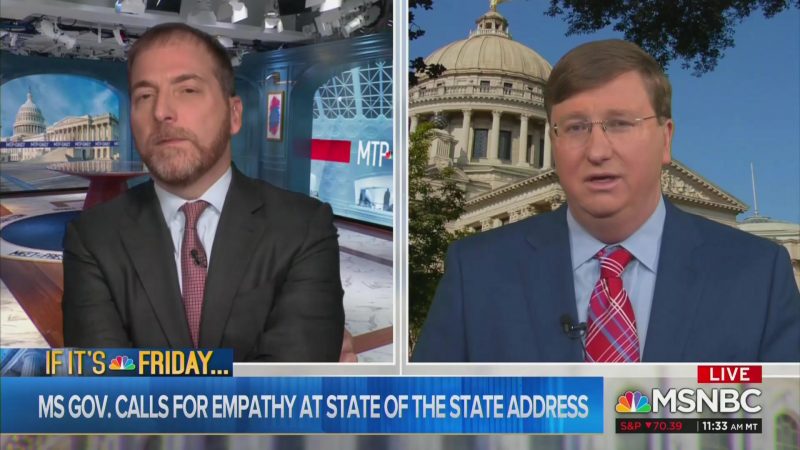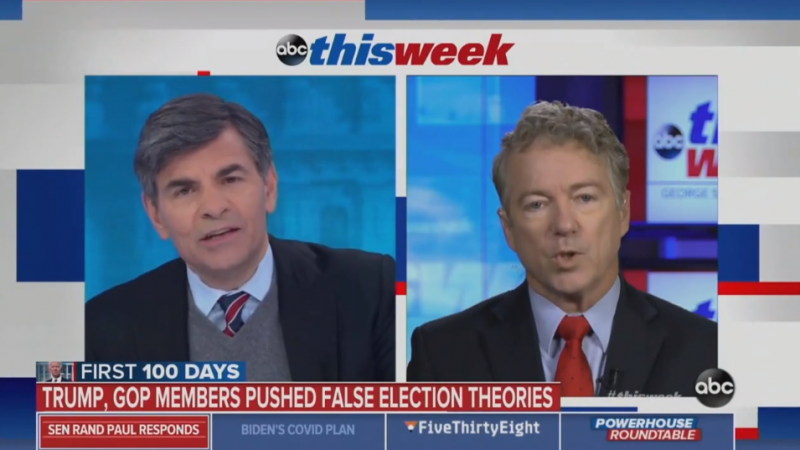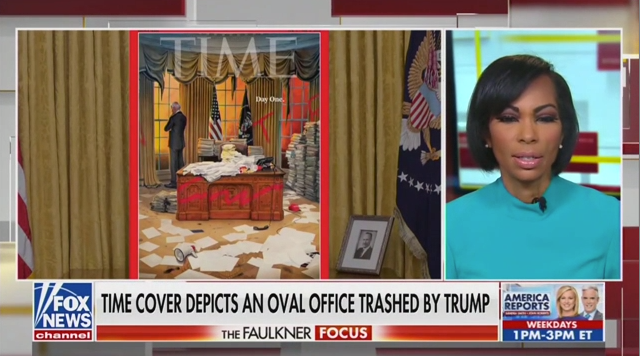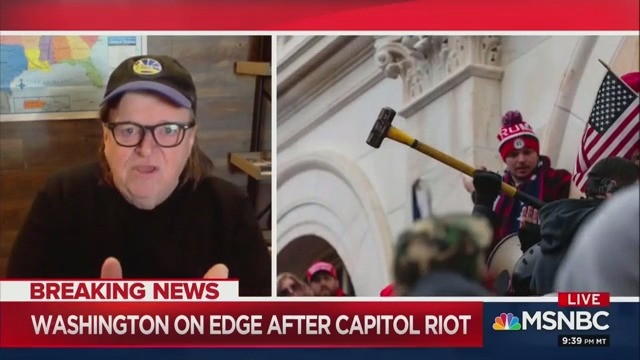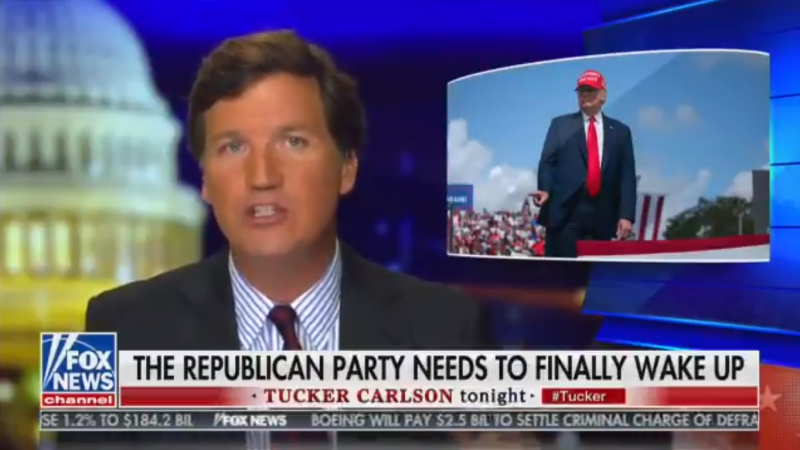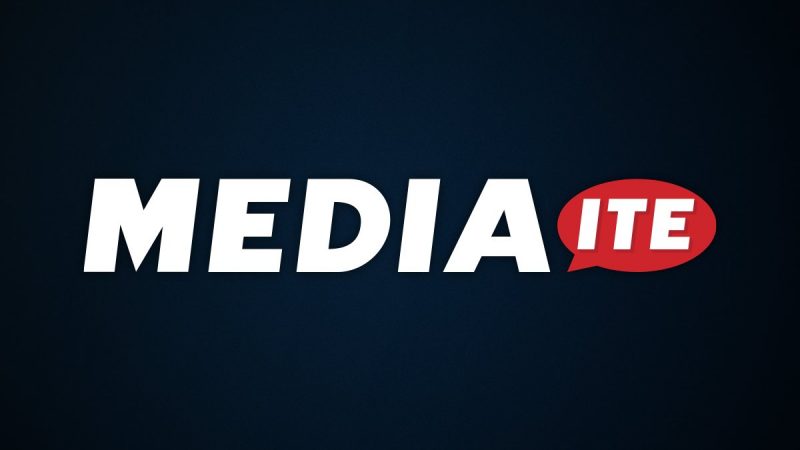S.E. Cupp Sounds Off On Midterms, Cable News: There’s Not ‘Much Of An Appetite For Civility’
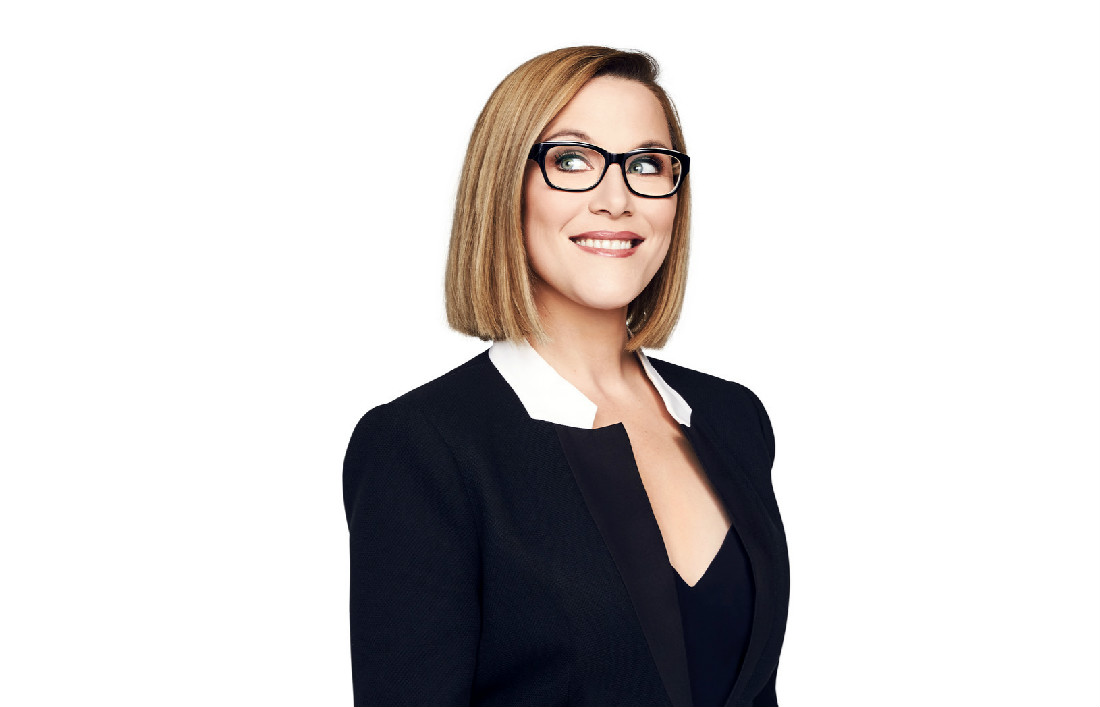
The 2018 midterm elections may be the most important – and most divisive – in decades. In a highly charged partisan atmosphere, we’re asking what role third parties and independents can play in modern America. In the first in a series, we speak to S.E. Cupp, a conservative and strong critic of President Donald Trump. She hosts S.E. Cupp: Unfiltered on CNN every Saturday at 6 PM ET.
Contemptor: Can third parties and independents change the way American politics works?
S.E. Cupp: The short answer is, yes, in theory. But if there were any year to have tested a third party or independent run it would have been 2016, when Republicans ran 318 candidates (roughly) and Democrats ran only one in earnest. And yet, none running against either Trump or Clinton made the calculation to run as a third-party candidate — not Bernie Sanders, not Rand Paul, two candidates that plausibly could have. There’s a reason why.
For one, running for president is expensive. Without funding it yourself you need the party backing, fundraising, infrastructure, ground game, etc. Who can afford to do that on their own?
But there’s also the electorate. We complain about politics, we say we are turned off by both parties. And yet, we’ve never been more entrenched in them. I’m just not sure we truly want a third party candidate. If we were that repulsed by our parties, conservatives would reject Republican leaders and liberals would reject Democrats. We aren’t.
America functions best when the two parties are strong, not weak or when there’s an imbalance as there is now. The weakness of the Democratic party is emboldening the Republican party into a cartoonish lack of discipline. If that’s to change, Democrats will need to figure out how to win.
Contemptor: What role do you think media/media commentators like you have in shaping political discourse, particularly around independent voters?
S.E. Cupp: I try to present my opinion, not to foist it on people, but hopefully to give them permission to ask more questions. I have guests on my show not to embarrass them but to signal to viewers that these are people I respect and their ideas are worth hearing, even if I don’t agree with them. Partisans on both sides have made asking questions or considering the other side a sign of disloyalty. I think we should all be challenging each other and ourselves to do more of that.
Contemptor: The political atmosphere feels especially partisan right now. What effect do you think increasing partisanship is having on US politics and elections? Can anything be done to change it?
S.E. Cupp: It’s easy to say we need to be nicer. But it’s a start. To tell you the truth, it doesn’t seem like most voters/viewers want an end to partisanship. Until they demand fewer shout-fests on cable news, or stop rewarding the content-providers who only tell them what they want to hear, I’m not sure there’s much of an appetite for civility. That doesn’t mean I’ll stop trying, though.
Contemptor: You frequently appear alongside people with very different opinions from your own, yet you maintain civility. Is civility in danger in American public life?
S.E. Cupp: It is, and that’s deeply troubling. I’ve never thought we should strive toward agreement or reconciliation in our political discourse — that’s foolish, we all have different value sets that we are passionate about. But we should strive for understanding. If I at least understand where you’re coming from perhaps we can find a starting point somewhere. Civility has been reframed in recent years as a sign of weakness. I find it’s just the opposite. Only the most insecure people are afraid to hear different ideas.

